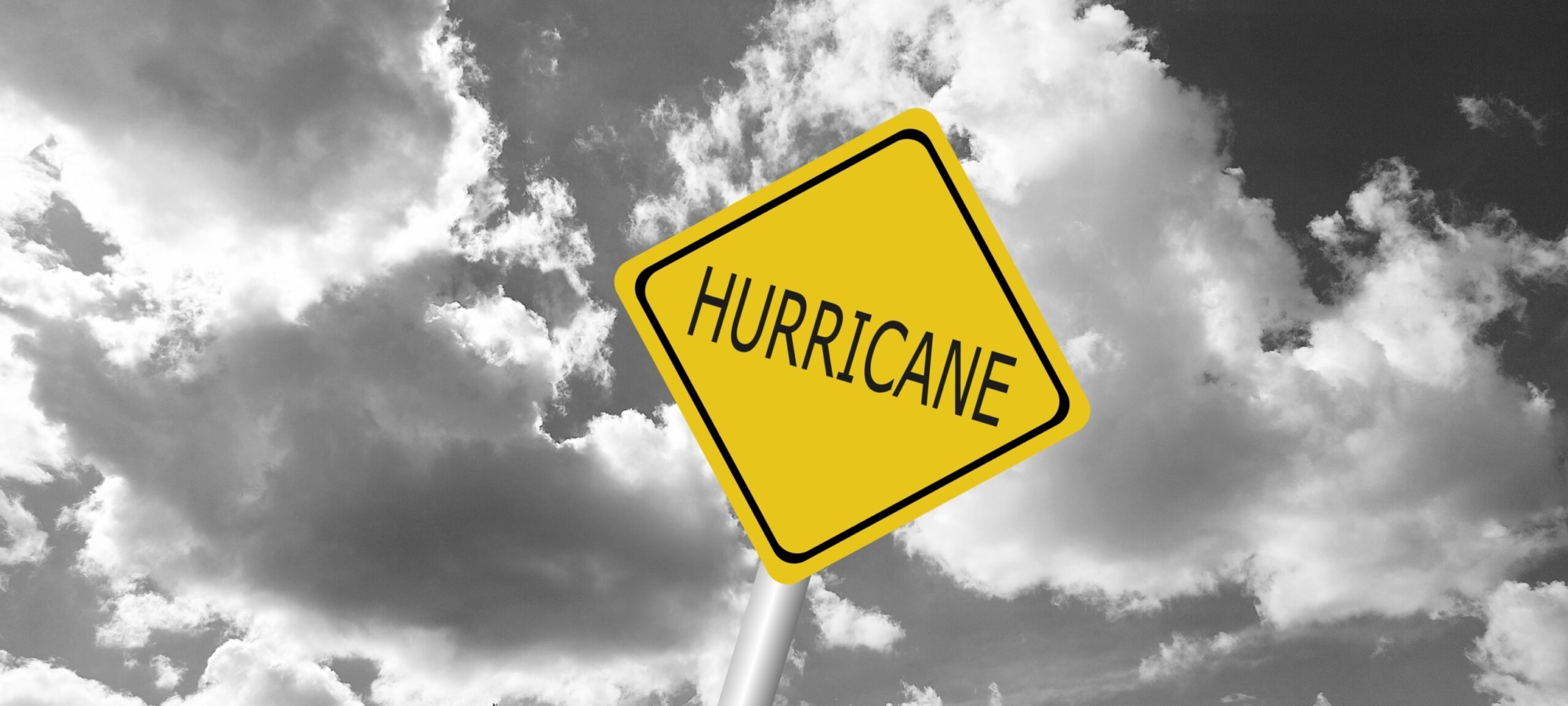
While concerns about last week’s port strikes are beginning to recede, freight forwarders are increasingly concerned about the impact of a series of storms hitting the southern United States.
Also read: Allen mobilizes for Hurricane Milton as supply chain prepares for another major storm
While longshoremen agreed to suspend the strike for further negotiations, three days of chaos along the East and Gulf Coast initially raised concerns about severe supply chain delays. However, the impact appears to be minimal due to proactive measures such as early loading of cargo before the strike.
“Our average delays are about a week, but in some cases we are seeing faster deliveries,” said Jackson Campos, director of Brazil-based AGL Cargo. “We anticipated the strike and Goods were shipped ahead of schedule, but even goods transshipped during the strike arrived on time. ”
Campos, however, is more worried about the ongoing hurricane season. After Hurricane Helene hit Florida and Georgia in late September, several ports were closed and airports experienced significant delays. Now, as Hurricane Milton, one of the most powerful storms in nearly a century, rages across Florida, the situation is getting even more dire.
The storm left millions without power, closed ports such as Jacksonville, and caused widespread damage through flooding and winds exceeding 150 mph. Airports such as Miami are still operating, but delays are expected. Atlanta, which was recently affected by last month’s hurricane, is being used as an alternative route for cargo normally bound for Miami.
Campos added: “These weather events are more concerning than the recent strikes. While we have been able to reroute cargo, the scale and frequency of these storms pose greater challenges.”
Emergency crews are currently working to reopen highways and restore power to affected areas, but the effects of the powerful storm are expected to remain.











Leave a Reply Cancel reply
You must be logged in to post a comment.